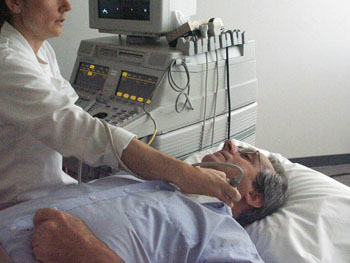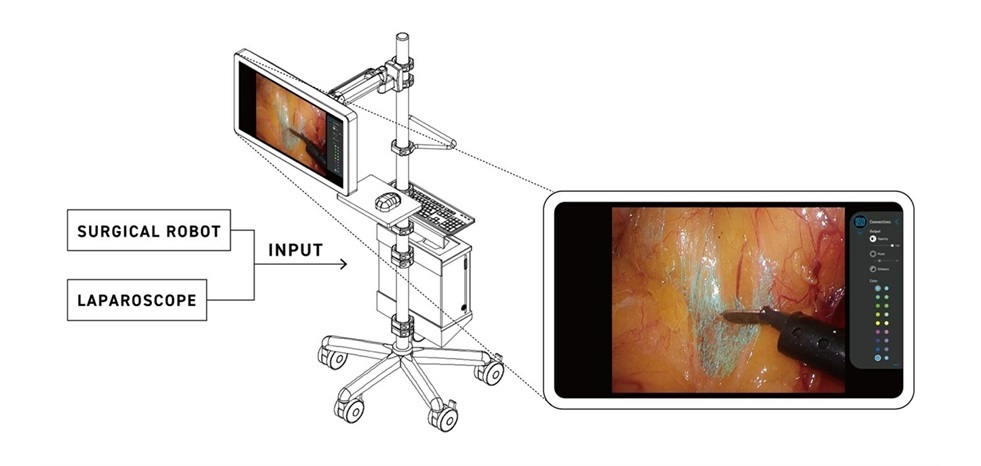Carotid Stenting Linked to High Mortality in Medicare Population
By HospiMedica International staff writers
Posted on 27 Jan 2015
A new study reveals that one-third of US Medicare patients die within two years of carotid artery stenting (CAS), a much higher mortality than expected.Posted on 27 Jan 2015
Researchers at Harvard Medical School (Boston, MA, USA), the Duke Clinical Research Institute (DCRI; Durham, NC, USA), and other institutions conducted a study to examine outcomes among 22,516 Medicare beneficiaries undergoing CAS. The main outcomes and measures were periprocedural and long-term risks of mortality, stroke, or transient ischemic attack (TIA), as well as periprocedural myocardial infarction (MI). Subgroups were based on socio-demographic, clinical, and center-level factors, as well as the SAPPHIRE and CREST trials enrollment criteria.

Image: A national analysis found Carotid stenting was associated with much higher than expected 2-year mortality in the Medicare population (Photo courtesy of DCRI).
The results showed that overall mortality rate was 32%, with mortality risks reaching 41.5% in those 80 years or older; 37.3% in those with symptomatic carotid stenosis of at least 50%; and 36.2% for those admitted non-electively. These results compared to 11.3% mortality after follow-up in the CREST trial and 20% in the SAPPHIRE trial, leading the researchers to conclude that competing risks may limit the benefits of CAS in Medicare beneficiaries, particularly among older and symptomatic patients who have higher periprocedural and long-term mortality risks. The study was published online on January 12, 2015, in JAMA Neurology.
“Few patients met the SAPPHIRE trial or CREST enrollment criteria, primarily because physicians did not meet proficiency requirements due to exceeding periprocedural complication trial thresholds or not meeting minimum carotid artery stenting volume requirements," concluded senior author Soko Setoguchi, MD, PhD, of DCRi, and colleagues. “Future research should identify factors predicting which Medicare beneficiaries may be more likely to derive benefits from carotid artery stenting despite limited expected survival.”
“It is tempting to conclude that the high mortality seen in the CMS stented cohort can be explained by a combination of advanced age and poorly controlled cardiovascular disease risk factors, as well as the inclusion of a sicker group of patients; indeed, this is the most likely scenario,” commented Mark Alberts, MD, of the University of Texas Southwestern Medical Center (Dallas, TX, USA), in an accompanying editorial. “Whatever the explanation, the study shows us that treating an artery may not treat the patient, at least not enough to keep him or her alive for more than a few years. With all the therapies at our disposal, we can and should do better.”
Related Links:
Harvard Medical School
Duke Clinical Research Institute













.jpg)
